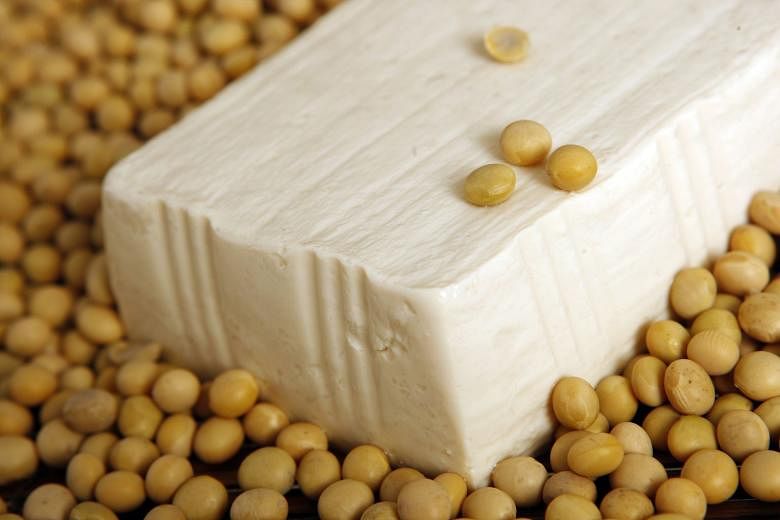If there is one claim that is almost certain to boost sales of a food these days, it is to say the item is high in protein.
Consumers cannot seem to get enough protein - they often turn to it because they have shunned carbohydrates and associate it with increased muscle mass.
While many nutritionists say eating extra protein is usually harmless - if it is part of a balanced diet and does not all come from animal sources - and small increases can help with weight control by increasing satiety, others are not convinced, citing the lack of long-term research on high-protein diets.
A growing body of evidence suggests that some segments of the population should be cautious about hopping on the high-protein bandwagon, infants and young children in particular.
Some studies have linked high protein intake in early childhood to a risk of obesity later in life.
Pregnant women, meanwhile, are commonly advised to boost their protein intake. But in a recent study of a group of women who consumed relatively high amounts of protein, children born to the mothers who consumed the most during pregnancy were shorter at birth and through mid-childhood than children of mothers who consumed the least protein.
Dr Karen Switkowski, lead author of the study, said that "while it's important for women to eat enough protein to support the growth of their baby, they might want to be cautious about going far beyond the recommended amounts".
Professor Walter Willett, who specialises in epidemiology and nutrition at Harvard T.H. Chan School of Public Health, extended that caution to people of all ages, citing protein's role in cell multiplication.
He explained that protein - especially from animal sources and in particular from dairy - boosts a growth-promoting hormone that makes cells multiply faster, which is vital early in life but not necessarily later on in life.
"Overly rapid cell multiplication is one of the underlying factors for cancer," Prof Willett said. "It seems pretty clear that we don't want to have our cell-growth accelerator to the floor from the day we're born until the day we die."
Some studies on later-life protein consumption, meanwhile, have raised an important concern.
One preliminary study, which evaluated the self-reported diets of more than 100,000 women aged between 50 and 79, appeared to find a significantly higher rate of heart failure among those who ate a lot of animal protein than among those who ate less of it.
Older adults are often told to seek out extra protein, largely to help them maintain muscle mass, which deteriorates as one ages.
Prof Willett said that it is not bad advice but also warned against going overboard. He added:"Having some hormonal boost from protein sources may not be a bad thing. It may be good, although the most important way to maintain muscle mass is resistance training."
Preventive cardiologist Stephen Devries, executive director of the non-profit Gaples Institute for Integrative Cardiology in Deerfield, Illinois, recommended avoiding or eating only minimal amounts of animal protein. He is also cautious about what he called "artificially enhanced protein", such as protein powders.
He recommended getting protein instead from beans, lentils, nuts and tofu. He said: "These are terrific sources of protein and they're the ones we should concentrate on, rather than the artificial sources, whether they come from animals or plants."
Some people think the benefits of extra protein give them a free pass to simply eat more - but protein calories are still calories.
Dr Marion Nestle, a professor of nutrition, food studies and public health at New York University, said: "If you eat a lot of extra protein, you're either breaking it down for energy or you're turning it into sugar (or) fat."
Her general advice is for people to stop obsessing over protein. "It is most definitely not a nutrient of concern. Most people get twice as much as they need without thinking about it."
THE WASHINGTON POST

